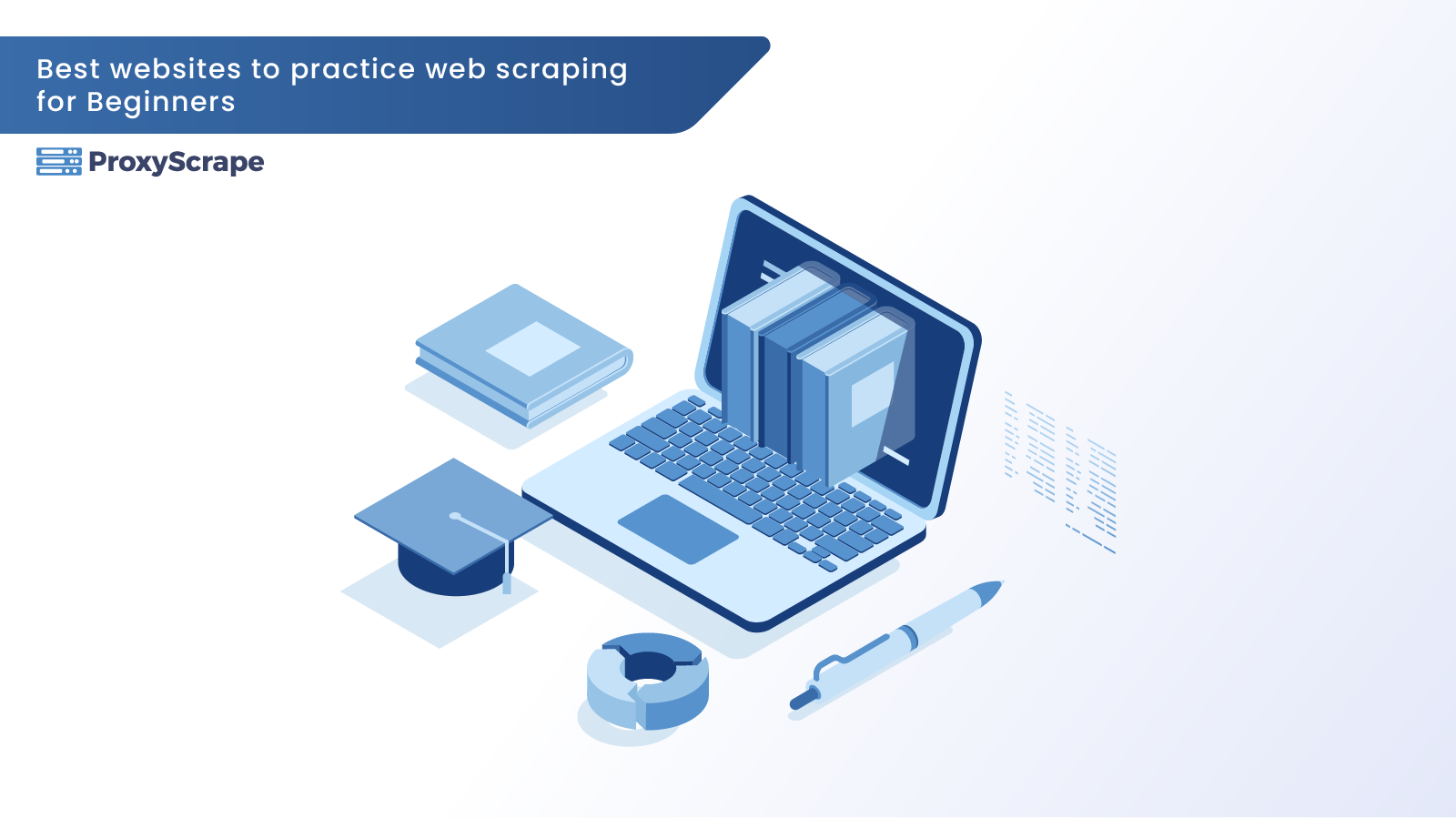Best Websites to Practice Web Scraping for Beginners

Web scraping can seem like a complex task, especially for beginners. But with the right resources, you can master it in no time! This blog post will guide you through the essentials of web scraping, highlighting the best websites to practice and hone your skills.
Understanding the Basics of Web Scraping
Web scraping involves using software to extract data from websites. It's a valuable skill for various professionals, including data analysts, SEO experts, and developers. By understanding how to scrape data efficiently, you can gather extensive information quickly, helping you make data-driven decisions.
At its core, web scraping requires a basic understanding of coding. Python and JavaScript are two of the most popular languages used for web scraping, thanks to their powerful libraries and frameworks. For beginners, starting with these languages can significantly ease the learning curve.
Importance of Practice and Tools for Web Scraping
Practice makes perfect, especially in web scraping. Regular practice helps you understand different website structures and how to extract data efficiently. It also familiarizes you with common challenges, such as handling dynamic content and avoiding IP bans.
Several tools can aid in your web scraping practice. Tools like BeautifulSoup (Python), Scrapy (Python), and Puppeteer (JavaScript) offer robust frameworks for scraping data. Additionally, browser extensions like Web Scraper can simplify the process for beginners by providing a visual interface.
Site 1 - Wikipedia
Wikipedia is a treasure trove of information, making it an excellent site for practicing web scraping. The site’s consistent structure and simple HTML make it beginner-friendly. You can scrape articles, categories, and even infoboxes to practice extracting structured data. However, be sure to follow web scraping rules: respect the site's terms of use, avoid excessive requests that could overload servers, and always check the Robots.txt file to understand which parts of the site can be legally and ethically scraped.
Site 2 - Scrapethisite
Scrapethisite is another great option. If you're just starting out, focus initially on static data collection using Python. Begin by learning the basics, such as scraping tables and titles. For more advanced data retrieval, this site offers excellent guidance on scraping dynamically generated content via JavaScript. As you venture into scraping real-world websites, you'll likely encounter challenges. Take the opportunity to practice techniques like spoofing headers, managing logins and session cookies, passing CSRF tokens, and tackling other obstacles.
Site 3 - Books to Scrape
Books to Scrape is an ideal sandbox environment created specifically for practicing web scraping skills. It imitates a typical e-commerce store, providing users with the opportunity to scrape data such as reviews, prices, and product information. These details are organized in straightforward tables, making it easy to extract and analyze data. The simplicity and clarity of the data attributes, including titles, prices, and ratings, offer a practical and risk-free experience for beginners. By using Books to Scrape, users can gain valuable hands-on experience in web scraping without any legal concerns, as the site is designed for educational purposes. This makes it an excellent resource for anyone looking to enhance their skills in data extraction and manipulation.
Site 4 - Quotes to Scrape
Quotes to Scrape is a fantastic resource for practicing web scraping, especially for beginners. The site is static, making it an ideal environment to hone your skills using libraries such as Requests, or even automation tools like Selenium and Playwright. Not only can you scrape quotes from various authors, but you can also delve into the authors' "About" pages to gather more information. Additionally, the site allows you to categorize and access quotes based on themes like "romance," "motivational," and more, providing a comprehensive practice ground for aspiring web scrapers.
Site 5 - Yahoo!Finance
Yahoo!Finance is an excellent, though more advanced, platform for sharpening web scraping skills. It offers a practical opportunity for applying scraping techniques to real-world projects. Scraping Yahoo! Finance can be challenging due to its dynamic content and use of JavaScript, which often requires handling AJAX requests or using tools like Selenium to navigate and extract information effectively. The complexity arises from the need to parse structured data from HTML as well as managing potential access restrictions, such as CAPTCHAs or IP blocking, making it a valuable learning experience for those looking to enhance their data extraction capabilities.
Tips for Effective Learning and Practice
- Start Small: Begin with simple projects and gradually tackle more complex sites.
- Understand Robots.txt: Always check the site's `robots.txt` file to ensure you're adhering to its scraping policy.
- Handle Errors Gracefully: Anticipate and manage potential errors, such as missing data or rate limits.
- Experiment with Tools: Try different tools and libraries to find what works best for you.
- Join Communities: Engage with online forums and communities to learn from others and share your experiences. Our Discord channel provides comprehensive support, not only for our proxies but for web scraping in general.
Conclusion
In conclusion, web scraping is a valuable skill that offers numerous opportunities for data collection and analysis across various industries. By practicing on sites like Wikipedia, Scrapethisite, Books to Scrape, Quotes to Scrape, and Yahoo! Finance, you can hone your scraping techniques and become proficient in different tools and approaches. Remember to always respect the ethical and legal guidelines when scraping websites.